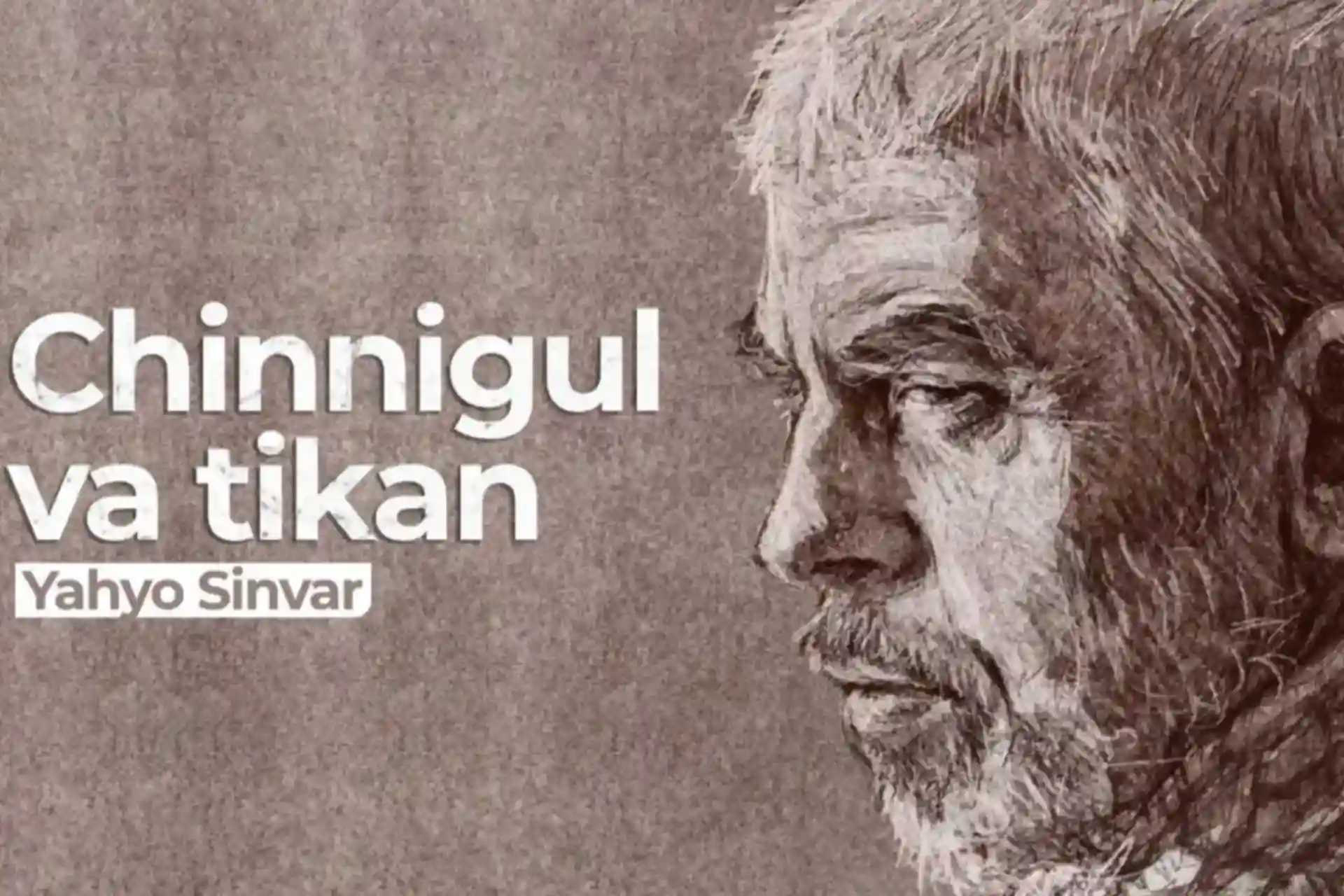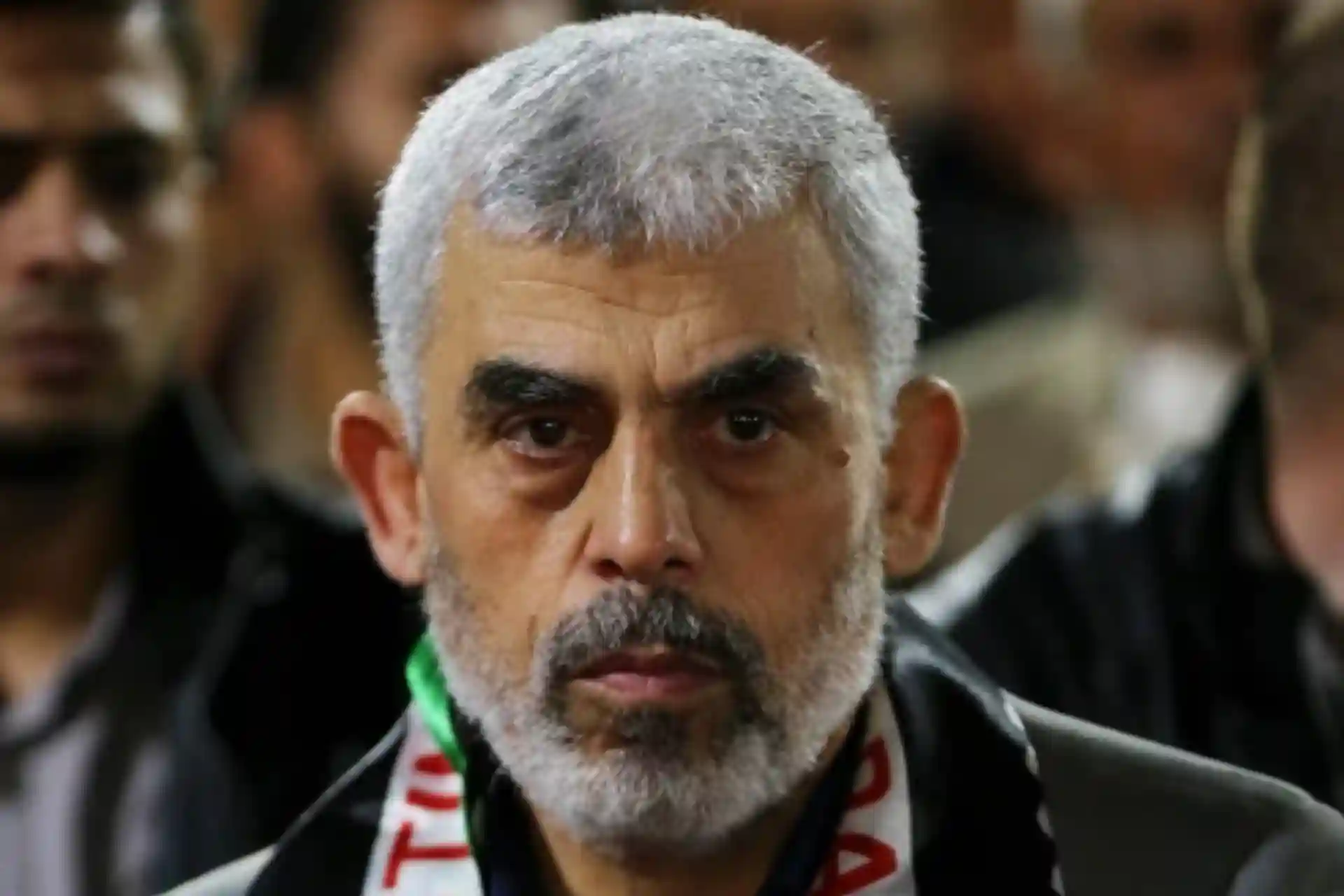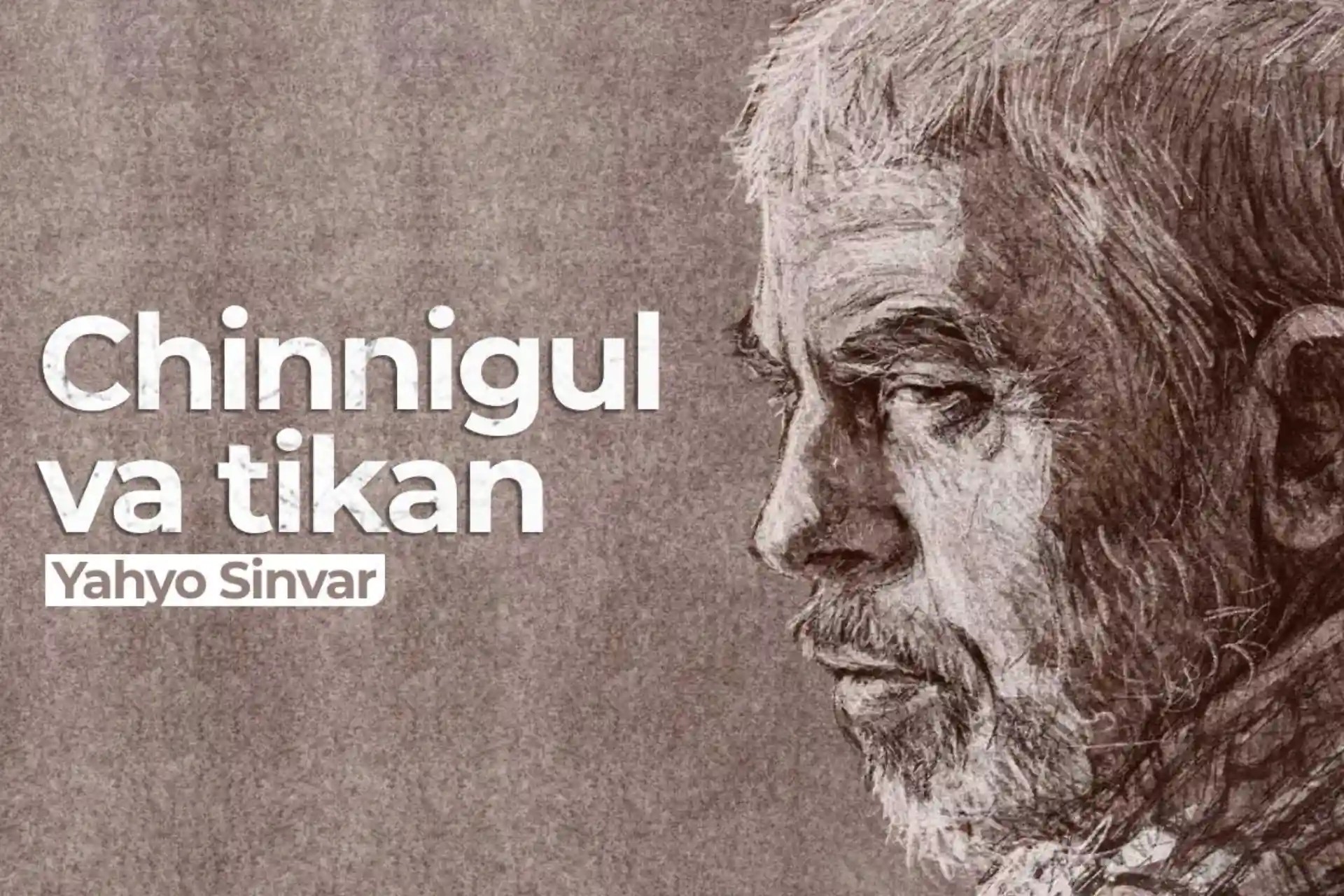Chin
The Jews came to the nearby cities of Khalil or Tulkarm and Qalqaliya, which they had taken as their own, and began to buy the products they needed. They would go to a blacksmith or carpenter and order hundreds of doors or thousands of windows. Because they could buy them cheaper there than in Israeli factories. If there were Palestinian craftsmen, they would buy the products wholesale and sell them for a good price. As a result, they would be employed themselves and provide jobs for their fellow citizens.
While the material condition of the population was improving on one side, the fidayis on the other side did not stop their fighting activities, rising and falling like waves. The reason is that they were never deceived by material appearance. They always lived with a sense of the prosperity of the homeland and the duty they had. Although anyone could be excused according to the exigencies of the situation, they continued their selfless actions by throwing grenades here and there, shelling this place. Quarantine was still imposed there and here, and there was no stopping. The work of capturing fidayis was also not over. When the time came, they would block the roads of travelers for hours and conduct inspections. As for the fidayis, they would not stop identifying and restraining traitorous men or women who had flattered the invaders.
The migration of thousands of Palestinians to the occupied lands in 1948 opened the door for the volunteers to operate in the centers of those occupied towns and villages. Yes, this was one of the doors opened for the resistance.
Our neighbor, Aunt Ummu Abd's son, Abdulhafiz, said that he was tired of working with little profit but many difficulties, so he dropped out of school and said that he wanted to go and work inside (in the occupied territories - Azon Global) for the future and education of his siblings. His mother agreed. Abdulhafiz, like thousands of others, now leaves in the morning and returns late. A few months after starting work, he replaced his gate with a wooden one. He also repaired the walls that had been built with labor. He leveled his yard with concrete. After Abdulhafiz worked there for two years, we realized that his goal in working there was not just to improve his family's conditions. Abdulhafiz was a member of the "People's Front" group. One of the main goals of working there was to plan self-sacrificing operations inside. Indeed, after thoroughly studying and adapting to the new environment, he packed a grenade in his lunch box and went to Jaffa. There, he planted it in certain places, returned home, and as a result of his planned actions, the enemy began to suffer losses. Abdulhafiz conducted successful operations in this way for two years. However, as a result of the interrogations of the Shin Bet secret agents, Abdulhafiz fell under suspicion. One night, a group of military vehicles arrived and surrounded Abdulhafiz's house. After a thorough search, he was taken to court. No matter how much they tortured him, he continued to deny the accusations made against him, saying that they were slander. However, at that time, in addition to Abdulhafiz, one of his accomplices was also arrested. The crimes that the accomplice confessed to were used as a basis and he was sentenced to a year and a half in prison.
***
As the school year drew to a close, my brother Mahmud's family, eagerly awaiting his return from school, would go to the Red Cross headquarters to ask when the students studying in Egypt would return for vacation. On the day my brother Mahmud arrived, we all went to the organization's building. They arrived by bus, accompanied by a military jeep. Then they went through passport control and were embraced by their loved ones. The immigrant students who had experienced their exile went home with their loved ones. We were also waiting for my brother Mahmud, and he came out and hugged us all. He kissed my mother on the forehead. My mother looked at him with pride. At that moment, my brother Mahmud paid homage to me and addressed me as "Chief Engineer." Despite our family's limited circumstances, my mother had prepared various delicacies to celebrate the farewell after a year of separation. My brother Mahmud brought us new cotton clothes as a gift from Egypt.
That was the first time we felt the smell of new clothes and how soft they felt. Until then, we wore old, worn-out clothes that we had left over or clothes given to us by charity.
To be continued...



